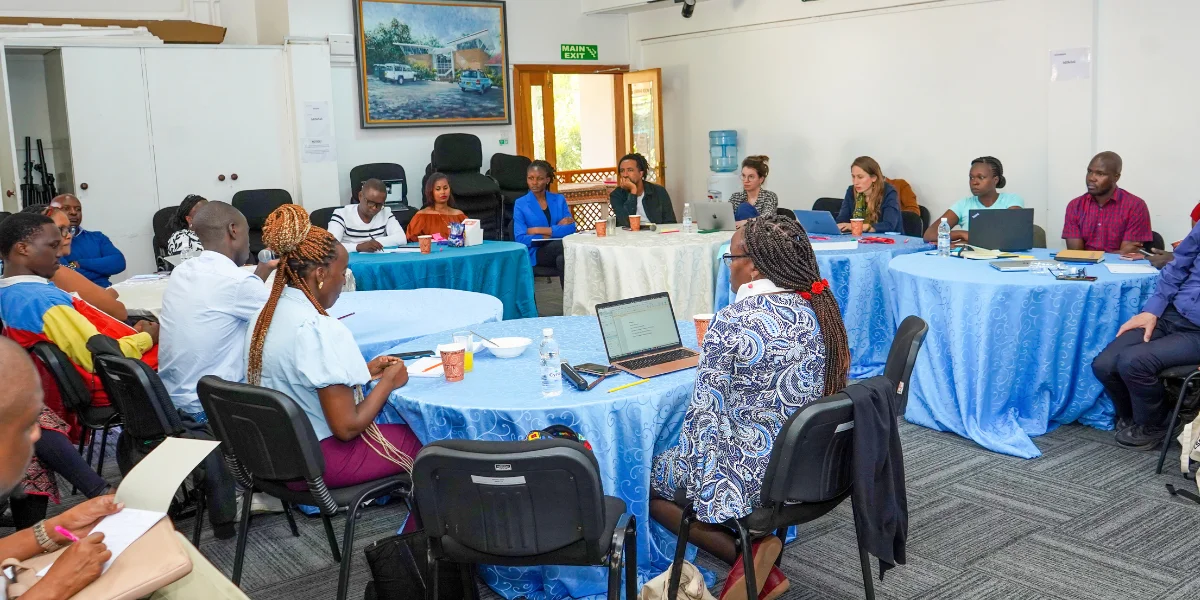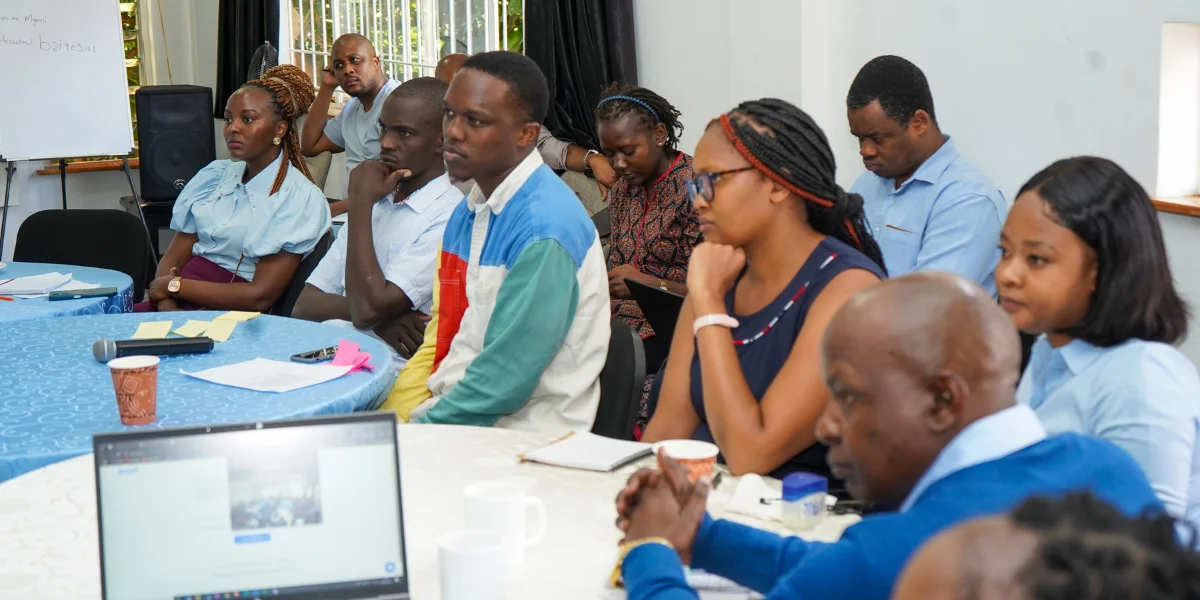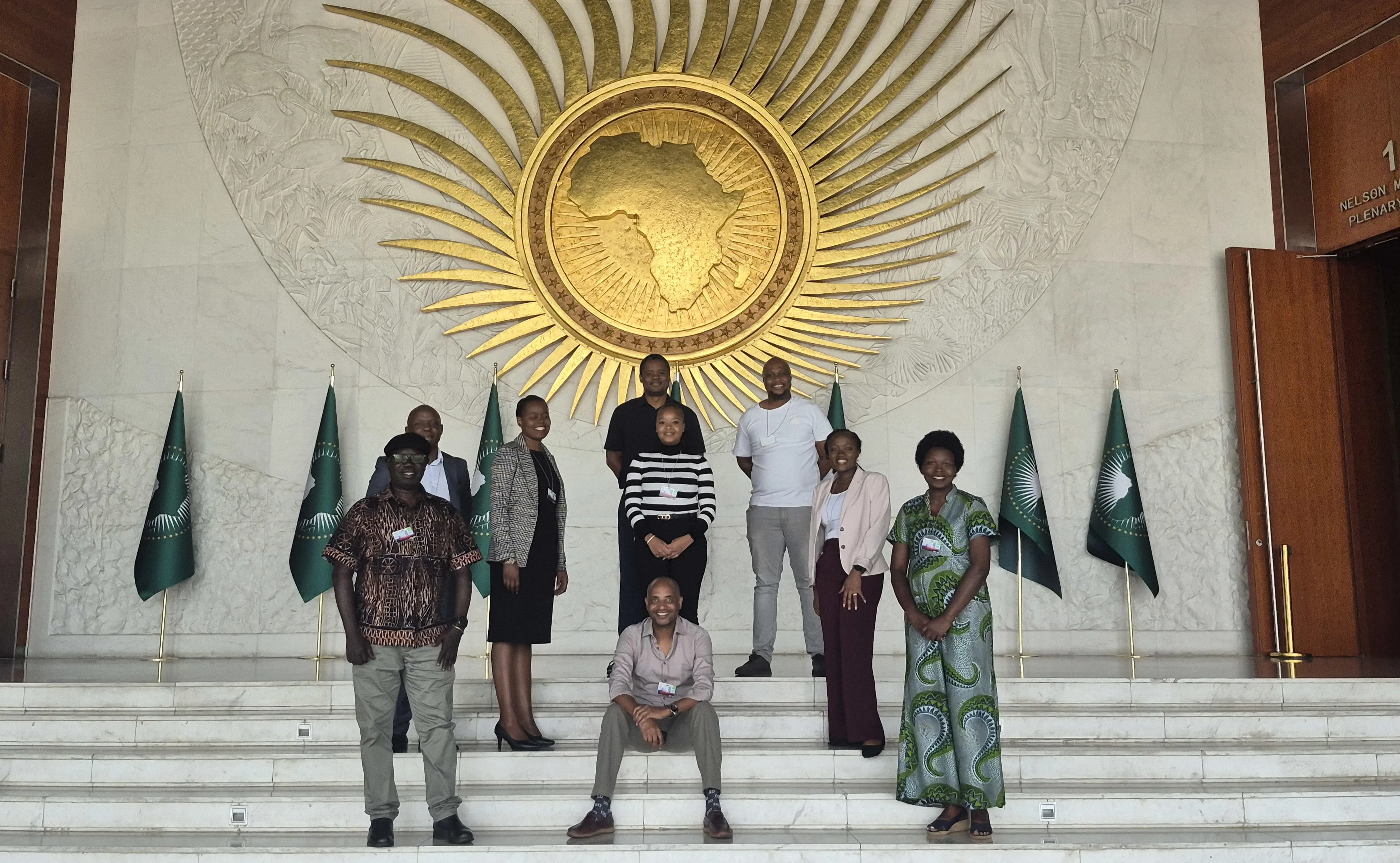Training and Knowledge Exchange on Information Literacy During and After Transitional Justice Processes in Ethiopia and Uganda

This project focused on improving information literacy for transitional justice actors in Ethiopia, Uganda, and South Africa.
Transitional justice refers to how a community responds to the aftermath of widespread human rights abuses to help heal societal trauma and build institutions that help prevent such atrocities reoccurring.

Social media and new technologies are dramatically altering the ability of states to forge consensus around transitional justice processes, driving antipathies and making conciliation even more difficult. This is especially the case for countries where social media has been closely associated with violence and atrocities.
Narratives of collective trauma are happening online where there is little regulation of ‘hate speech’, and violent agendas are being actively promoted. The influential South African model of truth and reconciliation has become much more difficult to implement. Uganda is struggling to reintegrate former combatants, and the Ethiopian Human Rights Commission is worried that its efforts are being fundamentally undermined.

The project aimed to improve the knowledge base of transitional justice actors on the role of media and new technologies and support them to develop media strategies that address the specific challenges faced by transitional justice. It asked three key questions:
- How can media help foster national, or local, consensus around TJ policy – and specifically raise awareness and address mis/disinformation in polarised environments?
- How can media support the implementation of TJ, including giving voice to victims, fostering empathy, and be a forum for truth-seeking, often in a context of insecurity?
- What interventions can be made to foster a more supportive media environment, including addressing the failures of Big Tech to moderate online hate speech and mis/disinformation, and the need for a degree of regulation?
In September 2025, the project team organised a workshop on Digital Literacy and Platform Accountability Workshop in Addis Ababa, Ethiopia. The program was designed to strengthen dialogue on digital governance, inclusion, and justice by engaging key regional and national stakeholders.
On 16 September, the group met with Dr John G. Ikubaje, Head of the Transitional Justice Unit at the African Union’s Department of Political Affairs, Peace and Security, to discuss continental perspectives on accountability and digital transformation. Subsequent sessions at Addis Ababa University on 17 September involved leading legal and advocacy organisations, including the Ethiopian Lawyers Association, Lawyers for Human Rights, the Ethiopian Women Lawyers Association, the Network of Women Associations, and the Ethiopian Center for Disability and Development. Discussions addressed issues of digital equity, gender justice, and disability inclusion.
A visit to the Dialogue Commission offered an important opportunity to examine how digital tools are supporting inclusive national dialogue processes.

This workshop reflected FLIA's commitment to fostering partnerships that advance digital accountability, protect rights, and build frameworks for more inclusive societies. By engaging institutions at the continental and national level, the program underscored the importance of multi-stakeholder collaboration in shaping the digital future of the continent.
The project was led by Professor Tim Allen with the support of Professor Joanna Lewis, Dr Elizabeth Ngutuku, Dr Gedion Onyango, and Dr Thomas Kirk.
The project is funded through LSE internal funding schemes.